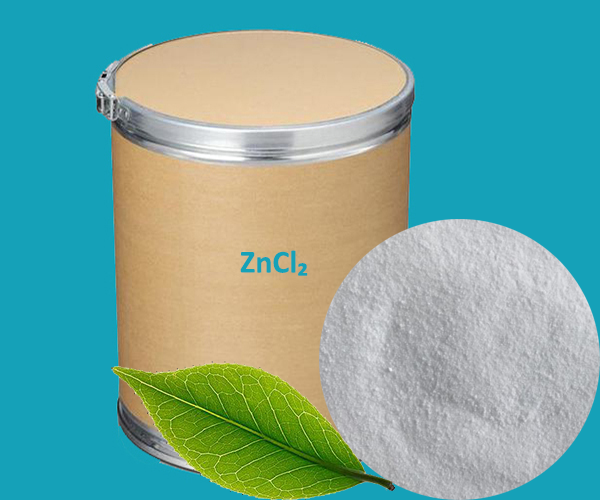Zinc chloride is a chemical compound with the formula ZnCl₂. Nine different crystalline forms of zinc chloride are currently known. These hydrates of ZnCl₂ are either white in colour or colourless. All of them are highly soluble in water.
Zinc chloride exhibits hygroscopic qualities, i.e. it attracts and captures the water molecules from the environment. Therefore it is very essential to protect zinc chloride from moisture.
Uses of Zinc Chloride
Since it reacts with metal oxides to yield compounds with the general formula MZnOCl2 (Where M is the metal), zinc chloride is used as a flux/cleaning agent for soldering purposes. These fluxes have the ability to dissolve the layer of oxides on the surface of the metal. Some other uses of this compound are listed below.
In its molten state, this compound acts as a catalyst for some aromatization reactions. For example, hexamethyl benzene can be obtained from methanol with the help of a molten ZnCl₂
Since it acts as a moderately strong Lewis acid, this compound can also serve as a catalyst for the Fischer indole synthesis reaction and some Friedel-Crafts acylation reactions.
The Lucas reagent is a solution of anhydrous zinc chloride and concentrated hydrochloric acid. This reagent is very useful in the preparation of alkyl chlorides.
A mixture of zinc oxide and hexachloroethane is used in some smoke grenades. Upon ignition, these compounds react to form a smoke of zinc chloride, which serves as a smokescreen.
ZnCl₂ is also useful in fingerprint detection since it forms an easily detectable complex with Ruhemann’s purple.
The aqueous solutions of this compound, when diluted, can be used for disinfecting purposes. It is a constituent of several antiseptic mouthwash products.
 English
English Español
Español Português
Português Français
Français Deutsch
Deutsch Русский
Русский 中文
中文 日本語
日本語
